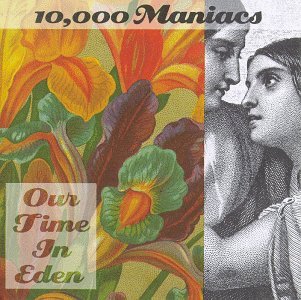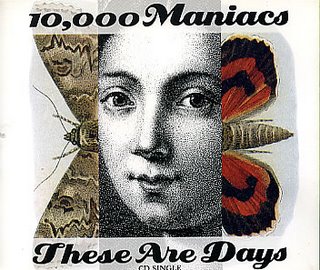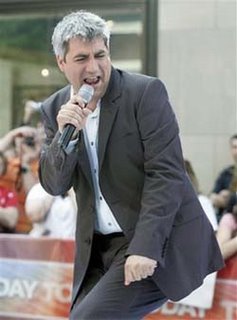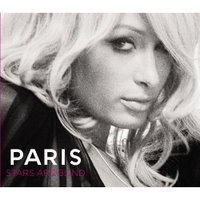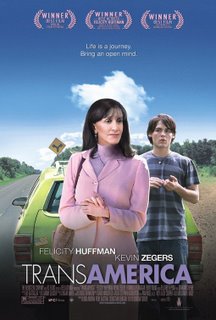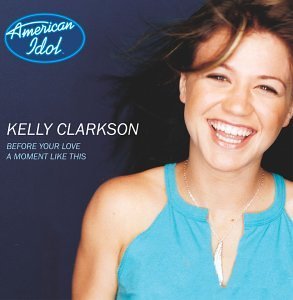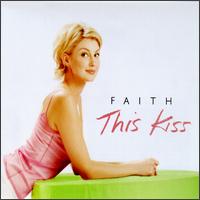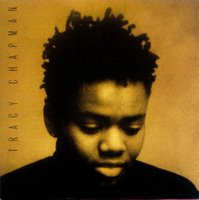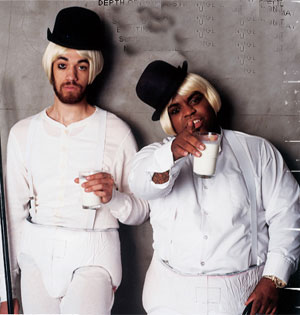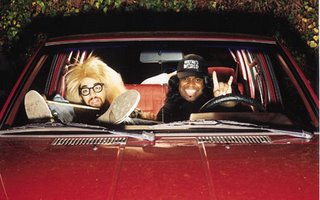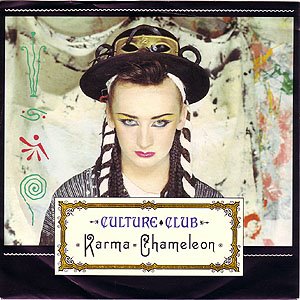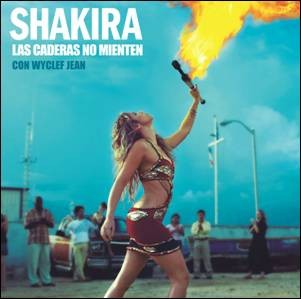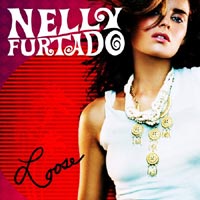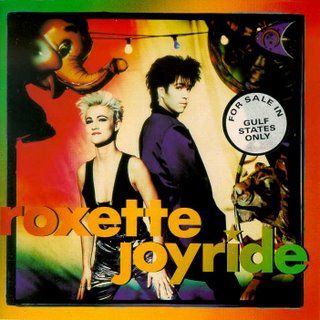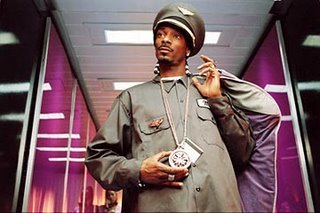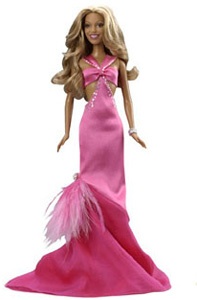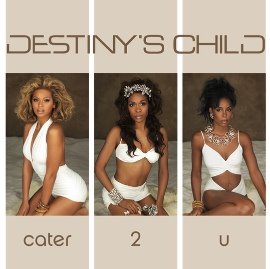An Open Letter Regarding Celebrity Retirement

Alt-rock goddesses Sleater-Kinney are saying so long. Or at least going on an "indefinite hiatus."
They'd better mean it. This had better be the end of Sleater-Kinney.
Because I respect them, and I want to keep doing so.
And nothing destroys credibility like announcing a phony retirment as a desperate grab for attention.
To explain why, let me address all celebrities in an open letter...
Dear Celebrities,
We're not fooled anymore. You can't use us this way. You can't traipse through the door saying, "I'm outta here," leaving us lonely and abandoned, only to stroll back a few days later with a bouquet of flowers and a new album under your arm cooing, "Psych! I'm back! Still love me?"
You can't do that, celebrities, because it's pathetic. When you drop us and then come back, that's not about us. It's about you and your need to manipulate people into giving you approval. It's emotionally abusive, and we deserve better treatement than that. Did the Rolling Stones ever jerk us around this way? No. They stayed with us night after night, and they even gained some kind of soul-selling immortality so that we can enjoy a constant stream of their songs, tours, and funny "falling out of the tree" stories for the rest of time. That's commitment.
Conversely, Greta Garbo said she was leaving, and she left. No more movies for her. And it was hard on us at first. But by sticking to her word, Garbo gave us room for closure. She respected our feelings, you know?
So listen up Sleater-Kinney and everyone else: Be like Greta Garbo. If you say you're leaving, just leave. Or at least be like Cat Stevens and have a very public reason for disappearing and returning. With Cat (or should I say Yusuf Islam?), we didn't feel rejected because we knew he was leaving us to pursue his faith. And when he came back, we actually felt better about ourselves because he realized he loved us too much to let us go!
If you can't follow these examples, then you're going to be Sinead O'Connor: constantly retiring and returning until it's obvious you don't give a damn about our feelings. Honestly, in 2003 when Sinead announced she was retiring for a second time, it took effort not to roll our eyes and write her off as a total flake (the momentary lesbianism didn't help either.) Sure, she's made some amazing music, but why can't she ever stop tarnishing her talent with her public persona? Why, after announcing it TWICE, couldn't she just stay retired? But no! This year she came back with an album of reggae covers. And it's cool that she recorded songs filled with political statements, but it's hard to believe she's committed to any ideology when she can't make up her damn mind about whether or not she's a singer.
 But at least Sinead is insanely talented. If you're brilliant, celebrities, you always get a little leeway. If you're Garth Brooks, you get ridicule. Garth promised he was going away, claiming that he wanted to spend time with his kids.
But at least Sinead is insanely talented. If you're brilliant, celebrities, you always get a little leeway. If you're Garth Brooks, you get ridicule. Garth promised he was going away, claiming that he wanted to spend time with his kids.Yet not only did he come back, he came back in a horrifying way.
When Garth ended retirement last year, he did so by announcing that his CDs would only be available in Wal-Mart. Which, okay, we know that many of his fans are also in the demographic who shop at Wal-Mart, meaning they are in rural areas in which the chain is the only shopping outlet available to them. (Or at leat the primary shopping outlet).
This is not a knock on Garth's fans, but a knock on the man's utter crassness in saying he wants to be more family oriented only to reenter the music scene in a marriage with a corporate institution that has destroyed more family businesses than anyone can count. There's hypocrisy there, celebrities, and arrogance.
And Garth's last few singles have totally failed at country radio. No matter who you are, you can't just appear and disappear at will, especially when your resurfacing basically makes you the human manifestation of empty-souled corporate greed.
Think about, celebrities.
Sincerely,
The Record-Buying Public (or, possibly, just Mark)
Note: Many thanks to Laura for inspiring this letter
Labels: Rock
